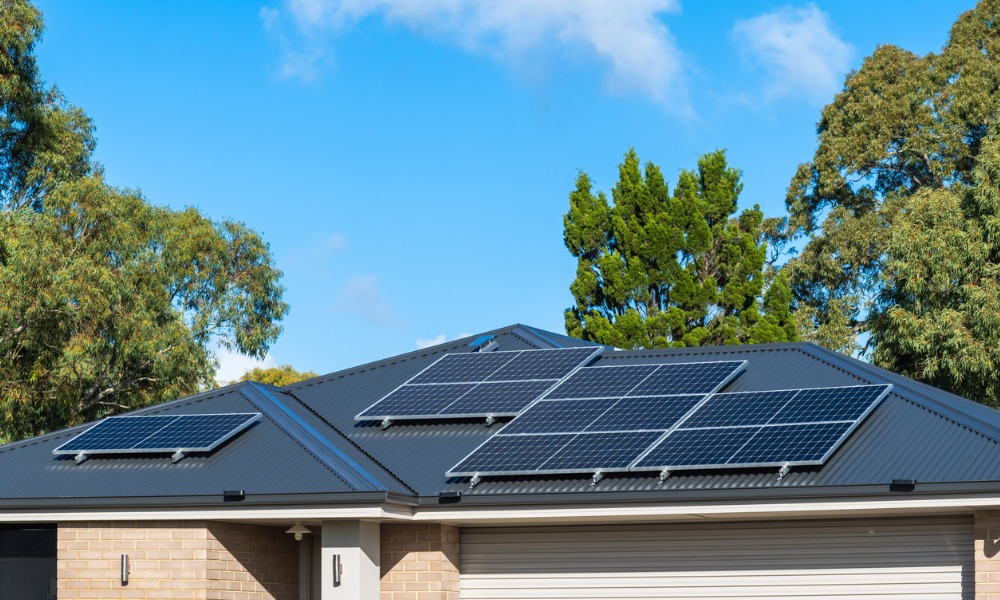It has seen more Kiwis going solar

Many Kiwis have made the decision to go solar as the competition heats up between banks offering customers low or no-interest loans to make their homes warmer.
This as Reserve Bank data showed a drop in new residential mortgage lending in June to around $6 billion, from $8 billion at the same period last year – a decline that has forced banks to find new ways to attract new business.
Read more: Mortgage lending records 20% fall in June – figures
Auckland homeowner Peter Clarkson said the loans for home-heating improvements were “a really good investment,” encourage people to “get solar,” and were a good opportunity to cut spending on electricity, 1 News reported.
Westpac recently announced that it was extending its Warm-Up loan by offering 0% interest – a move Westpac chief executive Catherine McGrath believed would allow Kiwis to save money and improve their homes.
Read next: Westpac expands Warm Up loan, announces new sustainability initiatives
“That's $40,000, so you can do great things to make your home drier and warmer and it also helps the environment,” McGrath told 1 News. “It’s really sensible lending about home improvements; it reduces the cost of builds, it’s helping to make homes warmer, and in the process, it’s better [for] Aotearoa because we’re relying less on traditional forms of heating and energy.”
There are also sustainable loans available at both ANZ and Kiwibank.
Green Building Council’s Andrew Eagles said he wanted more Kiwis to use these loans to make their homes warmer.
“30 to 40% of Kiwi homes are damp and mouldy. The more options there are the better – we'd love to see more Kiwis insulating those homes, making them warm for their whanau,” Eagles told 1 News. “With every one dollar put into insulation in homes the New Zealand health system wins by $5.”
Kiwis opting to make their homes warmer the green way has seen the demand for solar panels surge and the need for traditional energy sources drop.
Harrisons’ Guy Coleman said this change was caused by the amount of people working from home.
“People [are] working from home and using home power, not the businesses power, so they’ve got the power bill and gone, ‘We need to do something about this,’ and so that sparked a lot of people getting in touch with us,” Coleman told 1 News.
Homes and buildings make up 20% of New Zealand’s greenhouse emissions.
There are now calls for these offers to go further.
“What we see in a lot of Europe is these offers supplemented by a government grant, because it makes it far more accessible for Kiwi whānau,” Eagles said.
Coleman said he would “love to see some moves being made by the government as well,” 1 News reported.



